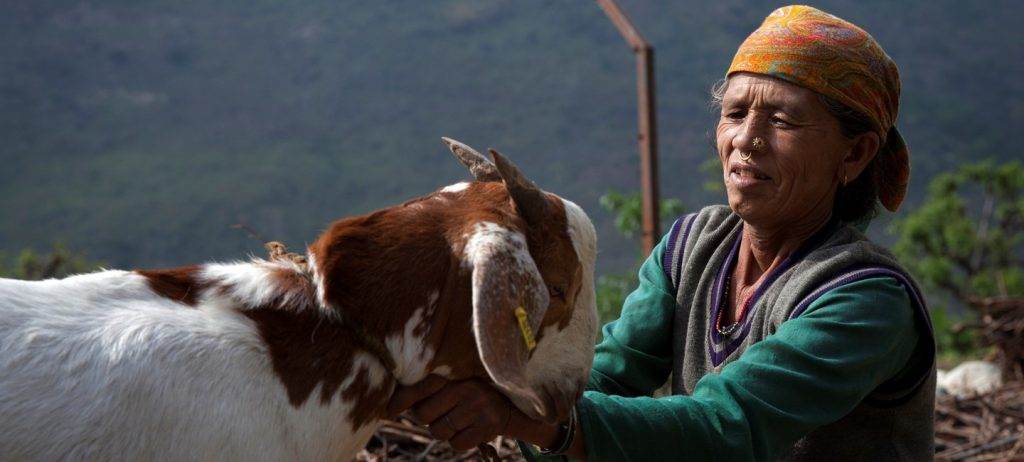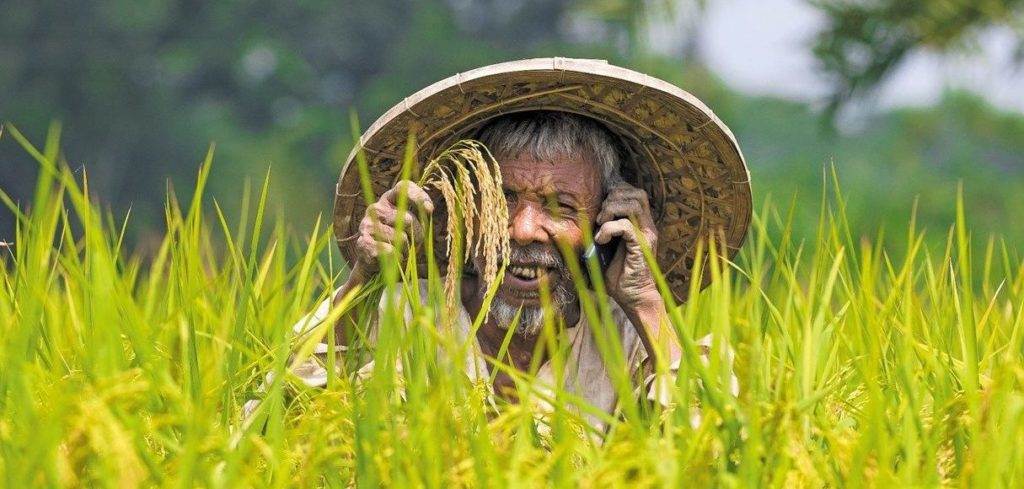The Terai plains in Nepal are inhabited by indigenous communities farming soils enriched by annual…
Policy and influence
We inform policy making to ensure the most vulnerable people are not left behind.
We might start small, but we think big
We look for ways to change underlying systems, and identify where we can have most impact.
We convene and collaborate with governments, international organisations, and the private sector. This allows us to take proven solutions to the next level of scale and sustainability.
Our policy and advocacy work focuses on the same areas as our work with communities. Everything we do has big change in sight. We challenge the status quo to change the systems that perpetuate vulnerability.
Our key policy areas
Our policy work contributes to 9 of the 17 Sustainable Development Goals and is underpinned by our commitment to tackle catastrophic climate change and persistent gender inequality.
Agriculture
We make agriculture work better for struggling smallholder farmers, so they can adapt to climate change and achieve a good standard of living.
Our policy and practice objectives relate to improving the understanding and use of agroecological methods for smallholder farmers by national governments, donors, development agencies and the private sector.
More on agricultureEnergy access
Harnessing the transformational power of clean, affordable energy and reducing avoidable deaths caused by smoke from indoor stoves and fires.
A key focus of our work is to boost and grow off-grid energy access markets. An example is by working with energy businesses, entrepreneurs (particularly women) and communities to install refrigeration units in rural smallholder farms.
More on energy accessWASH and waste management
Making cities in developing countries cleaner, healthier and fairer places for people to live and work.
We argue that delivery models need to create space for the informal sector. All while working to change systems so that slum and low-income residents have the services they need, and can hold decision-makers to account.
More on cities and wasteClimate resilience and disasters
For vulnerable people whose lives and livelihoods are threatened by climate related and natural hazards.
We call on governments and other key stakeholders to integrate climate adaptation and disaster risk reduction into their policies.
More on climate resilienceOur work with local authorities and delivery partners in Bangladesh has influenced national policy.
Informal waste and sanitation work is now included under the category of ‘hazardous work’ giving those workers access to an important national Labour Welfare fund from which they were previously excluded.
Tens of thousands of informal workers now have more rights and opportunities, as well as the confidence to further improve their circumstances.
Contact us
We are always interested in engaging with other practitioners and those interested in development.
We welcome feedback on our work and are interested in opportunities for collaboration.
If you are interested in working with us, we suggest that you register on these platforms, if you have not done so already.


